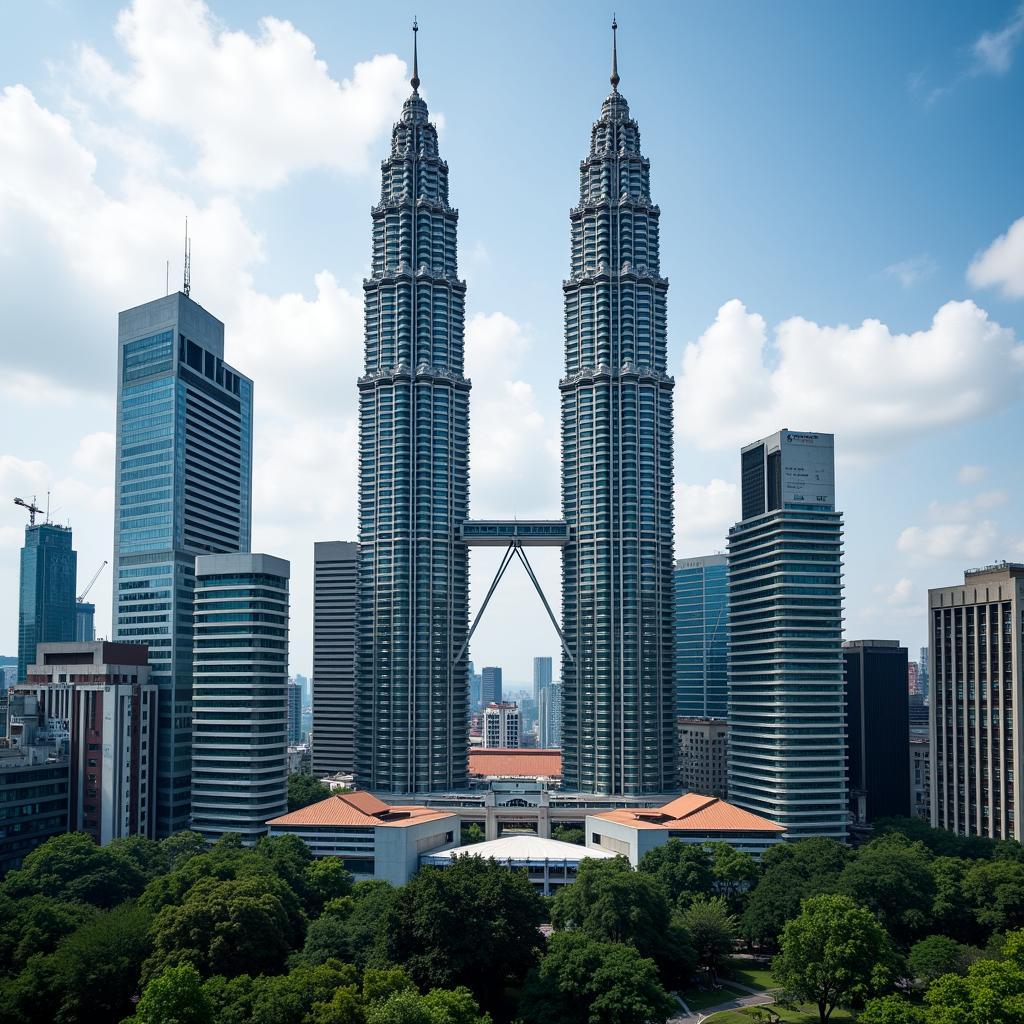The intersection of “Asea Nuclear” brings to mind a complex picture of energy, geopolitics, and technological advancement in the Southeast Asian region. While “Asea” itself is not directly related to nuclear technology, exploring the relationship between ASEAN member states and nuclear energy reveals a diverse landscape of approaches, concerns, and future possibilities.
Nuclear Energy in Southeast Asia: A Snapshot
ASEAN, the Association of Southeast Asian Nations, comprises a diverse group of countries with varying levels of economic development, energy demands, and approaches to energy security. While the region is primarily reliant on fossil fuels, the pursuit of alternative energy sources, including nuclear power, has been gaining traction.
Several factors contribute to this growing interest:
- Rising Energy Demands: Rapid economic growth and urbanization across Southeast Asia are driving up energy consumption.
- Climate Change Concerns: The need to transition away from fossil fuels and reduce carbon emissions is pushing countries to explore cleaner alternatives.
- Energy Security: Reducing dependence on imported fossil fuels and achieving energy independence are key priorities for many ASEAN nations.
ASEAN Member States and Nuclear Power: Diverse Paths
The relationship between ASEAN countries and nuclear power is far from uniform:
- Existing Players: Vietnam currently has plans to develop nuclear power plants, with support from Russia and Japan.
- Exploring the Option: Countries like Indonesia, Thailand, and the Philippines have expressed interest in nuclear energy and conducted feasibility studies.
- Cautious Stance: Others, like Malaysia and Singapore, remain hesitant due to safety concerns, high setup costs, and the issue of nuclear waste disposal.
Challenges and Opportunities on the Horizon
The path towards nuclear energy adoption in ASEAN is not without its hurdles:
- Safety Concerns: Public perception of nuclear energy remains largely shaped by historical events like the Fukushima disaster, making safety a paramount concern.
- Financial Implications: Building and maintaining nuclear power plants require significant financial investments, posing a challenge for some ASEAN nations.
- Regulatory Frameworks: Establishing robust regulatory frameworks and ensuring transparency are crucial for responsible development of nuclear energy.
Despite these challenges, opportunities exist for collaboration and knowledge sharing:
- Regional Cooperation: ASEAN can leverage its platform to facilitate knowledge exchange, share best practices, and develop regional safety standards.
- International Partnerships: Collaborating with experienced countries in nuclear technology can help ASEAN nations build capacity and ensure safe and responsible development.
Looking Ahead: A Future Powered by Collaboration
While “Asea nuclear” might not be a term we use conventionally, it highlights a significant area of interest within the Southeast Asian landscape. The future of nuclear energy in ASEAN hinges on addressing safety concerns, ensuring economic viability, and fostering strong regional and international cooperation. By navigating these complexities responsibly, ASEAN can unlock the potential of nuclear power as part of a sustainable and secure energy future for the region.
FAQs about Nuclear Energy in ASEAN
- Which ASEAN countries currently have nuclear power plants?
- Vietnam is the only ASEAN country with active plans to develop nuclear power plants.
- What are the main concerns surrounding nuclear energy in the region?
- Safety, high costs, waste disposal, and public perception are major concerns.
- How can ASEAN promote safe and responsible nuclear development?
- Through regional cooperation, knowledge sharing, and establishing robust regulatory frameworks.
Need More Information?
Explore these related topics on our website:
Contact Us
For any inquiries or assistance, please don’t hesitate to contact us:
- Phone Number: 0369020373
- Email: [email protected]
- Address: Thôn Ngọc Liễn, Hiệp Hòa, Bắc Giang, Việt Nam
Our dedicated customer support team is available 24/7 to assist you.

